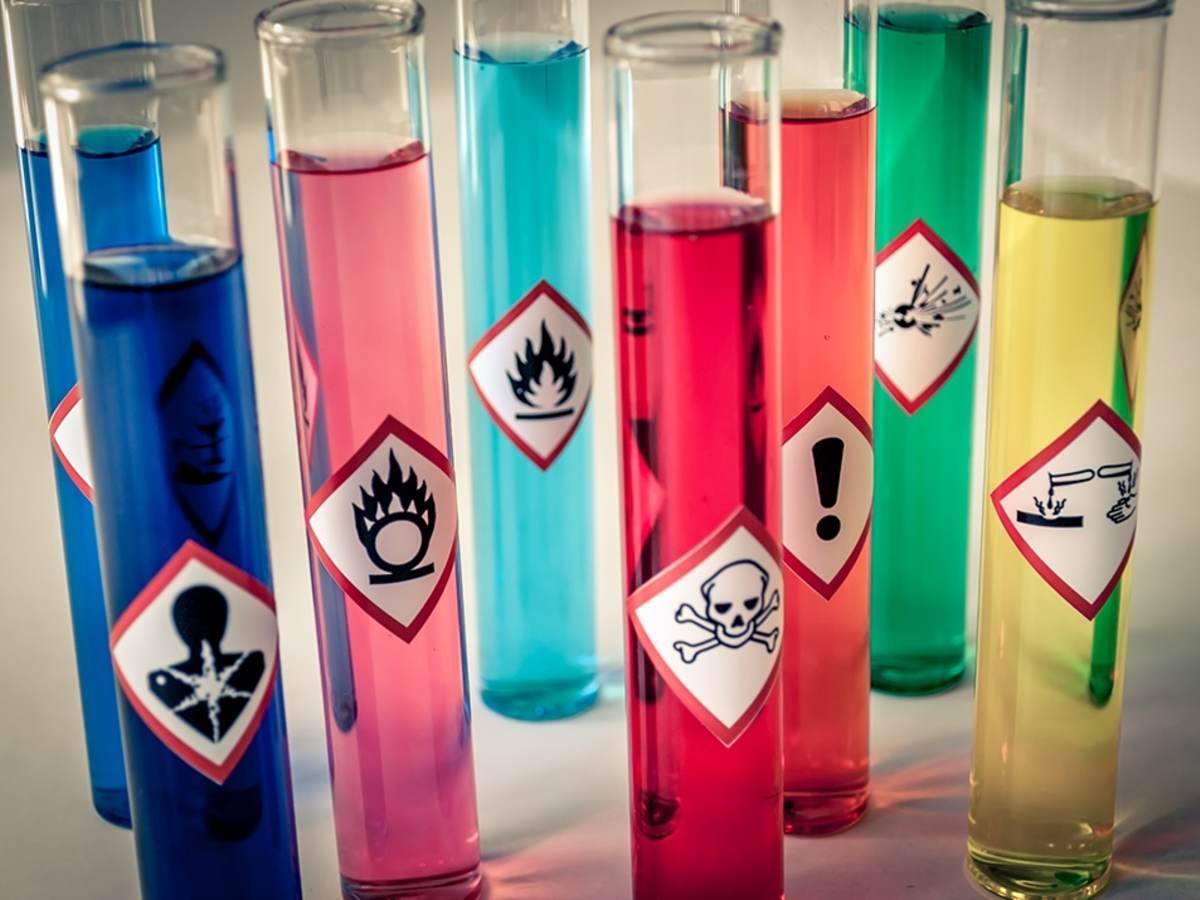January 9, 2024
By Lily Hou, PhD., CHMM, Regulatory Affairs Lead, Supply Chain team, UL Solutions
Since China’s Ministry of Emergency Management (MEM) launched the pilot of the "one enterprise, one product, one code" application in Guangdong province in 2021, more local governments at the provincial and city level in China have followed to mandate the QR code on labels. Recently, the Shanghai Emergency Management Bureau spoke out on their innovative plan to implement the "one enterprise, one product, one code" policy and manage hazardous chemicals by establishing a hazardous chemicals traceability code system.
Shanghai’s pilot program started in July 2023 when 30 enterprises from Pudong New Area were chosen to participate in the application of the hazardous chemicals traceability code. A hazardous chemicals traceability code can be generated on the integration platform by combining the Safety Information Code and the company’s internal product code to include the following information:
- hazardous chemicals safety information required by MEM: chemical name, hazardous chemical registration number, hazard statements, first aid measures, fire-fighting measures, company name, emergency contact information of the chemicals, etc.
- product information: production date, shelf life, production order number, etc.
- traceability information: product name, batch number, serial number, specifications, etc.
The traceability codes apply to the manufacture, import, transport, storage and use of chemicals listed on the Catalogue of Hazardous Chemicals (2015). Hazardous chemicals must have a traceability code for each batch displayed on the minimum outer packaging and it should be provided and scanned throughout the whole supply chain.
Downstream users can scan the hazardous chemicals traceability code through WeChat or the Hazardous Chemicals Registration app to access chemical identity and safety information. The code can also be scanned by government apps for tracing and supervising the hazardous chemical and it can be scanned by enterprise apps for a company’s internal product material management.
By December 31, 2023, all pilot programs should be completed, and the formal promotion plan for the entire city should be revised and published based on the pilot experience. In 2024, Shanghai will enter the formal promotion and implementation stage of the "one enterprise, one product, one code" policy, and is expected to complete the promotion in the city and continuously improve rules and systems by the end of 2024.
References
News on Guangdong Province launching "one enterprise, one product, one code" application (in Chinese only)
Regulatory Roundup Newsletter
Never miss an update
UL Solutions, the global safety science leader, can keep you updated on the latest events with a variety of materials, ranging from the latest regulatory news, webinars, white papers, events, industry insights and more.
Subscribe to our monthly Regulatory Roundup Newsletter and stay up to date on current and upcoming regulations and all the latest chemical industry news.
Safety Data Sheet (SDS) Authoring and Labeling Services
Create, maintain and distribute comprehensive SDSs and labels to meet your increasingly complex global compliance requirements.
Chemical Regulatory Compliance
Manage your chemical compliance needs with the help of global regulatory expertise and leading resources.
Chemical Compliance Training
We provide a series of chemical regulatory training programs designed to help understand the diverse set of requirements and how to confront them.
Get connected with our sales team
Thanks for your interest in UL's products and services. Let's collect some information so we can connect you with the right person.





